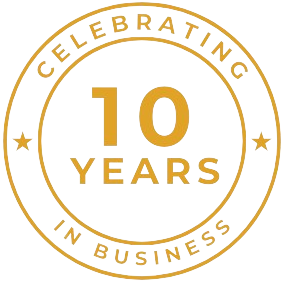“If you’re on time, you’re late.”
Did you grow up with that mantra? Well I don’t remember my parents ever saying that, but we were always early. My parents are still always early to our house, and I have done the same through my personal and professional life. In fact, I still believe that being on time for other people is a sign of respect, as time is valuable to all of us.
So I was surprised to learn that when it comes to office etiquette and other people’s expectations, only about 14% of people see being punctual as a form of office etiquette. And only about 2% of people believe dressing professionally leads to office etiquette. I don’t know if that’s a work-from-home situation, we’re all a little bit more casual these days.
But what I was not surprised to learn is that people who believe you have good office etiquette, 50% of them said it’s attributed to communication. Communication! How effective are you in your communication, how much presence do you have? Are you streamlining things, are you giving enough background? Are you emotionally intelligent in your way of communication?
This is at the hub; communication is vital for organizational performance.
And while I absolutely support technology and AI in many different aspects and our ability to leverage those to our advantage, at the end of it, we still need to overlay that humanity, that human-centric piece of communication; how we use the information we get from AI or technology, how we then disseminate it or put it out into the world depends upon your individual ability to be an effective communicator.
So if you are looking for that one thing that you should be developing this year, or you want to as a leader take your team through that one thing to focus on, the data is there. It is to be an effective communicator, and it isn’t a journey. We are always learning how to continue to improve our communication, especially as we have so many technological advances.
We need to continue to put that as part of our growth journey. So I challenge you today, to upskill in your communication for yourself and your team; it’ll lead to better organizational results and the retention of your high-quality talent!

